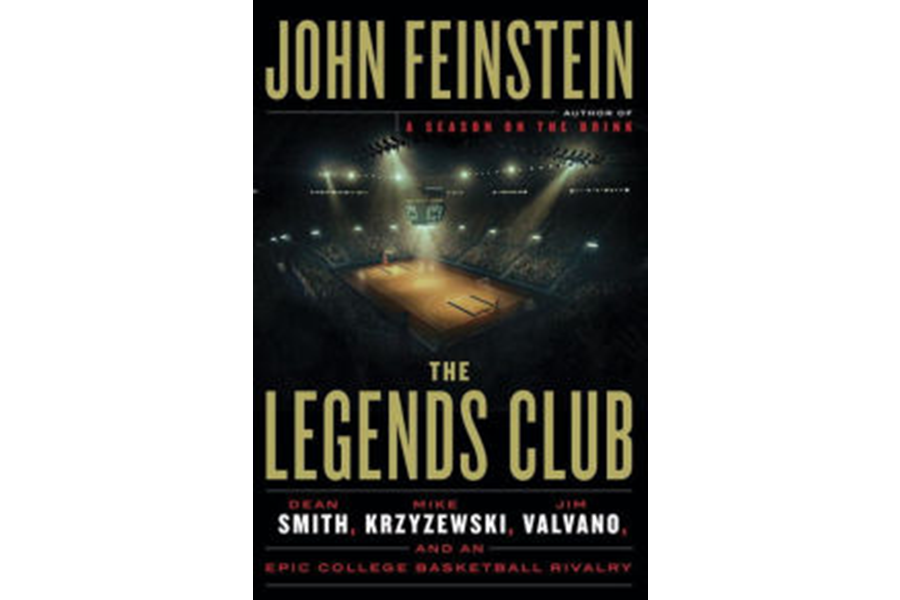During his long sportswriting career, John Feinstein has become the leader of total-immersion, behind-the-scenes books, with a handful of bestsellers to his credit. Here his deep-dive is into one of his favorite subjects, college basketball, and specifically a fierce rivalry among three coaching giants: Duke’s Mike Krzyzewski (“Coach K”), North Carolina’s Dean Smith, and North Carolina State’s Jim Valvano. Feinstein got to know all three men while covering their battles in the Atlantic Coast Conference’s toughest and tightest geographic neighborhood – North Carolina’s Research Triangle. Their careers overlapped during the 1980s, leading to a succession of megaton confrontations both on the court and on the recruiting trail. Although Valvano and Smith have passed, Feinstein decided several years ago that the rivalry of these Hall of Fame coaches cried out to be told in revealing firsthand detail.
Here’s an excerpt from The Legends Club:
“[Dean] Smith had always seen Duke as North Carolina’s primary and most dangerous rival. As good as N.C. State had been at times, especially during the David Thompson era, he rarely recruited against Norm Sloan or Jim Valvano. On the other hand, he almost always had to recruit against Duke. The two schools – regardless of who was coaching at Duke – were selling essentially the same thing: big-time basketball and a primo liberal arts education for anyone who decided to pursue it in those hours when he wasn’t working to become an NBA player. Very few players who had the chance to play in the ACC were thinking about any post college career other than basketball.
“Additionally, it was a simple, ironclad fact that Duke people and North Carolina people looked down their noses at State. To them, it was the ‘cow college’ – it had been founded as an agricultural school – and the Raleigh campus, while nice enough, couldn’t compare with the aesthetics at either Duke or North Carolina.”







